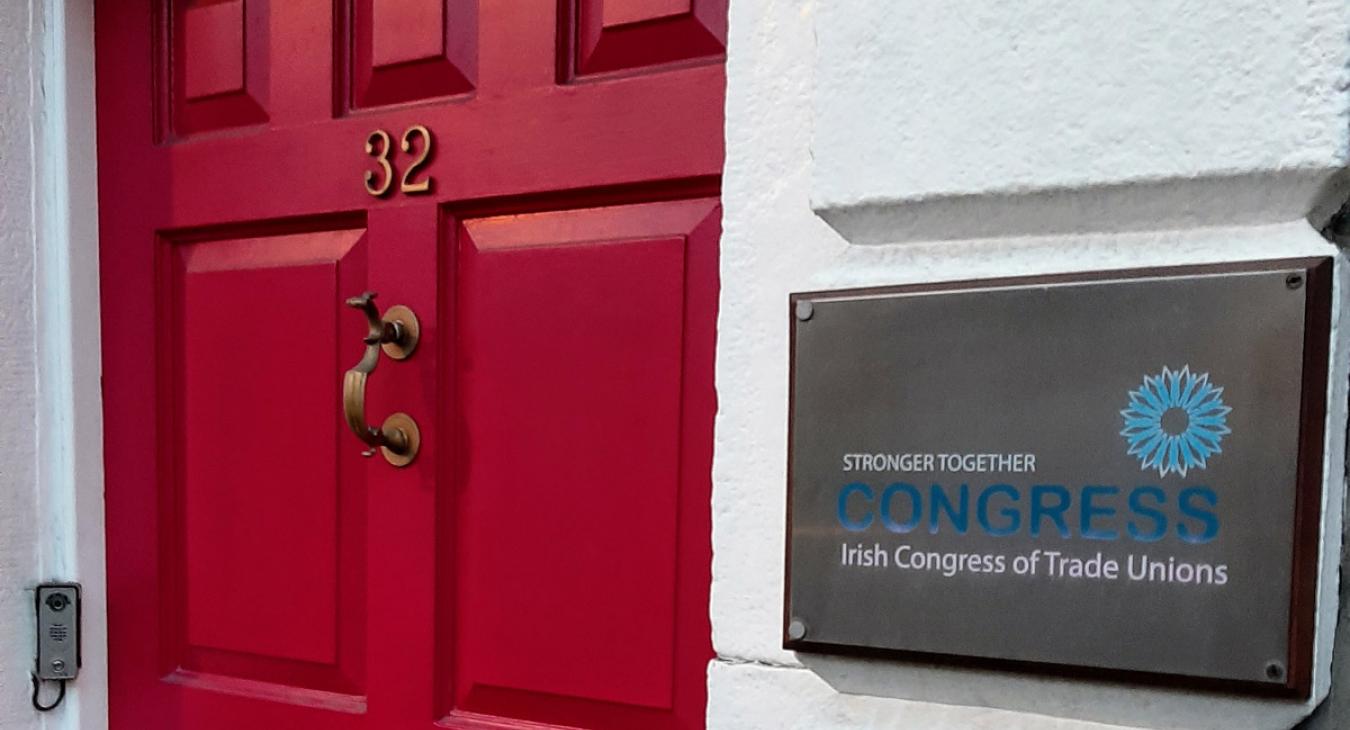
The ICTU has established a partnership with NUIG this year to mark the Labour Movement's role in the Struggle for Independence. A number of satellite events will be held in Athy, Belfast, Cork and Dublin. These are being organised in conjunction with local trades councils and other organisations, including University College Cork and Ulster University.
The Department of Culture, Heritage and the Gaeltacht is part funding events and promoting them as part of its Decade of Centenaries programme.
While there were state commemorations to mark the Centenaries of the 1913 Lockout and for the role of the Labour Movement, and particularly the Irish Citizen Army, in the Easter Rising, this is the first time the Government has supported a series of events focussed on this much neglected aspect of the Irish revolution.
We are calling on trade union activists not alone to be history takers, but history makers, by availing of the Call for Papers that NUIG has made. This can be done by submitting proposals to give papers for the Galway conference, which will be held from November 7th to 9th. Anyone wishing to do so should send their submission to the Irish Centre for Histories of Labour and Class at 4iclhc@gmail.com. Your abstract, or summary, should not exceed 200 words.
It is also intended to have sessions chaired by trade unionist activists.
The conference in Belfast on October 5th will focus on the crucial events leading to the formation of Northern Ireland. Among the speakers will be Frances O'Grady, TUC General Secretary, who will address 'Challenges for the Labour Movement: Past and Present across these islands'. The event is bound to attract significant attention from a wider audience as the conference will take place a fortnight before the British government's current Brexit deadline.
Another innovative aspect of the programme is a Schools Video Competition that the ICTU is organising for this autumn. It will be run on the same basis as the very successful competition in 2013 to mark the Centenary of the Lockout. As on that occasion, it will be aimed at Transition Year Students seeking to show them how many of the problems we face now are not only very similar to, but in some cases have their origins in the revolutionary period.
These issues relate not alone to partition but recurring social and economic problems such as the housing crisis, healthcare, precarious employment and inadequate infrastructure. There are still lessons to be learnt from the revolutionary period, but the traditional emphasis in debates on the years from 1916 to 1925 has tended to be on high politics and military conflict.
Dramatic as these were it was a series of mass actions from the general strike against conscription, through the munitions strike, to building alternative government structures that made Ireland ungovernable. Labour's role was central to the struggle. On the other hand, the conservative nature of Irish nationalism saw it sow the seeds for future problems, ranging from mass emigration to the proliferation of slums, mother and baby homes and industrial schools.
